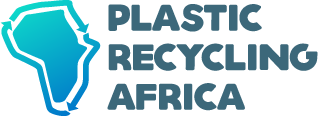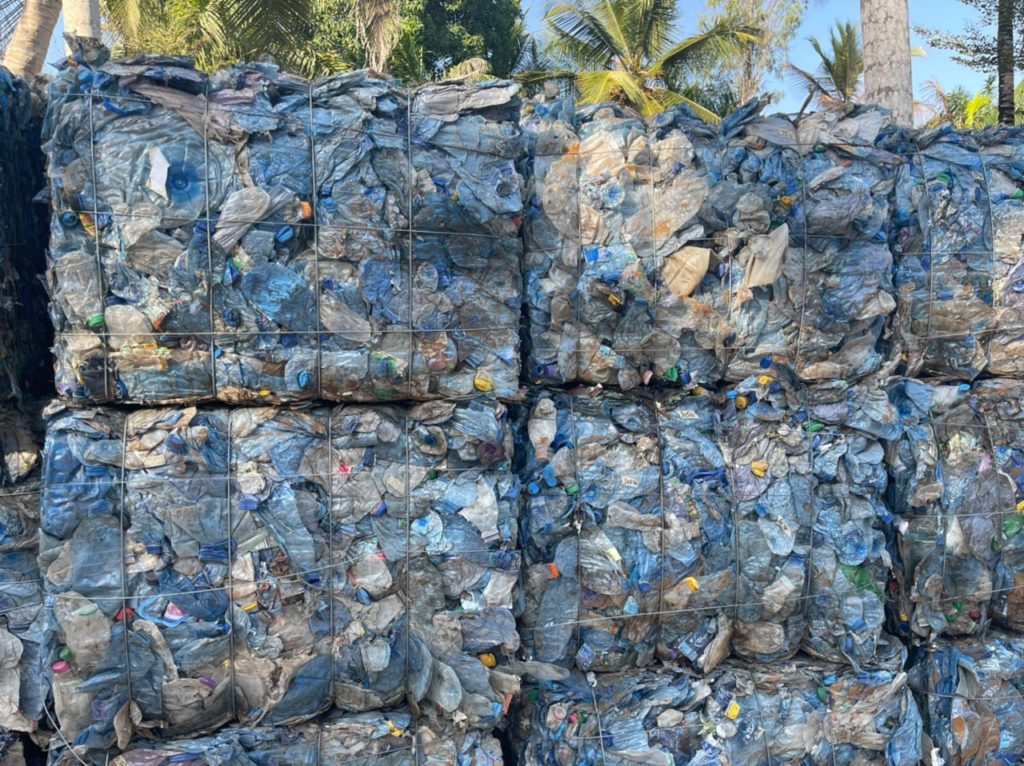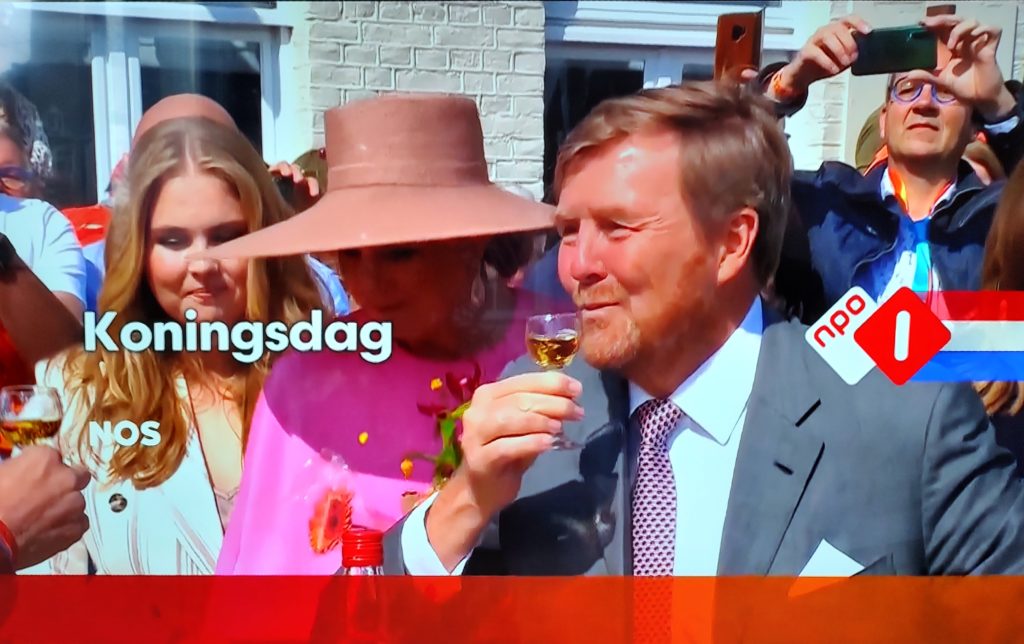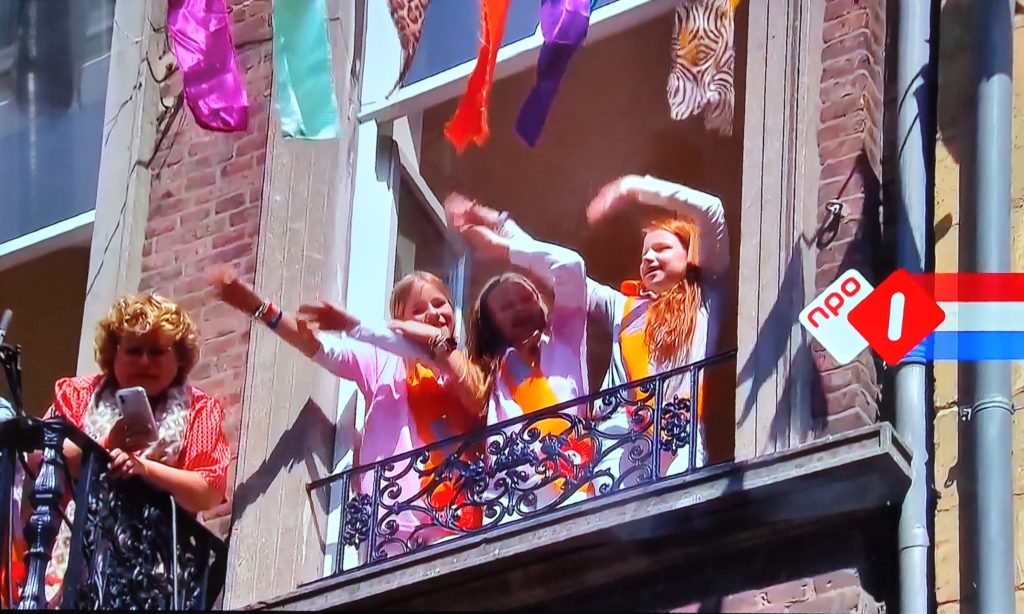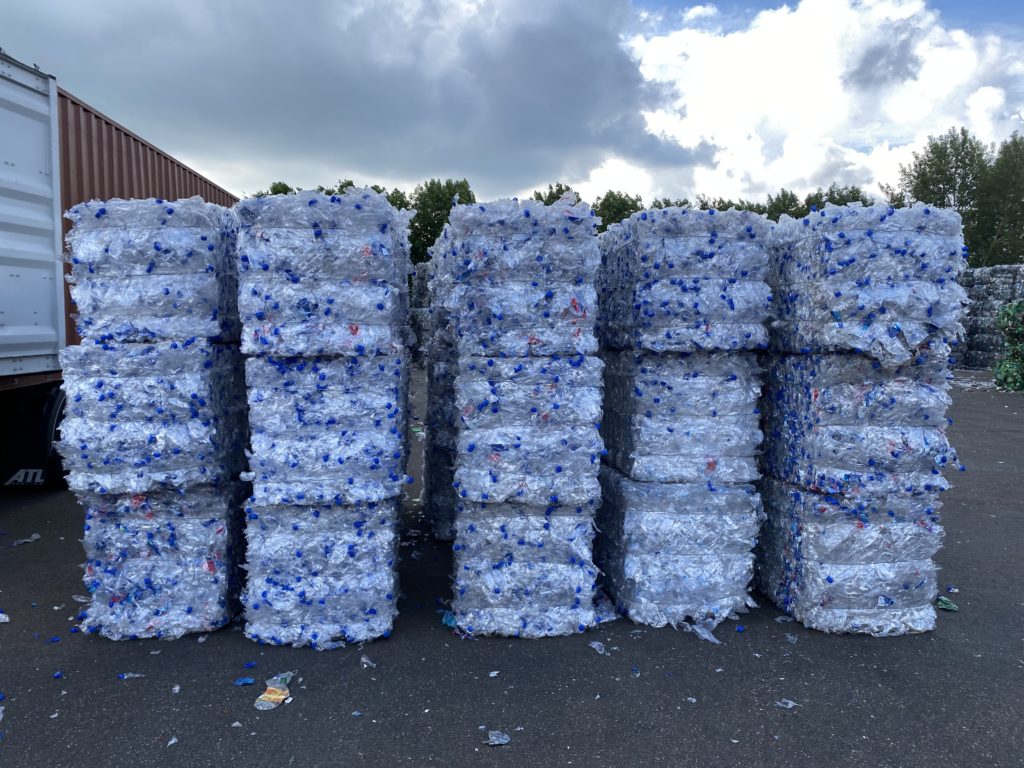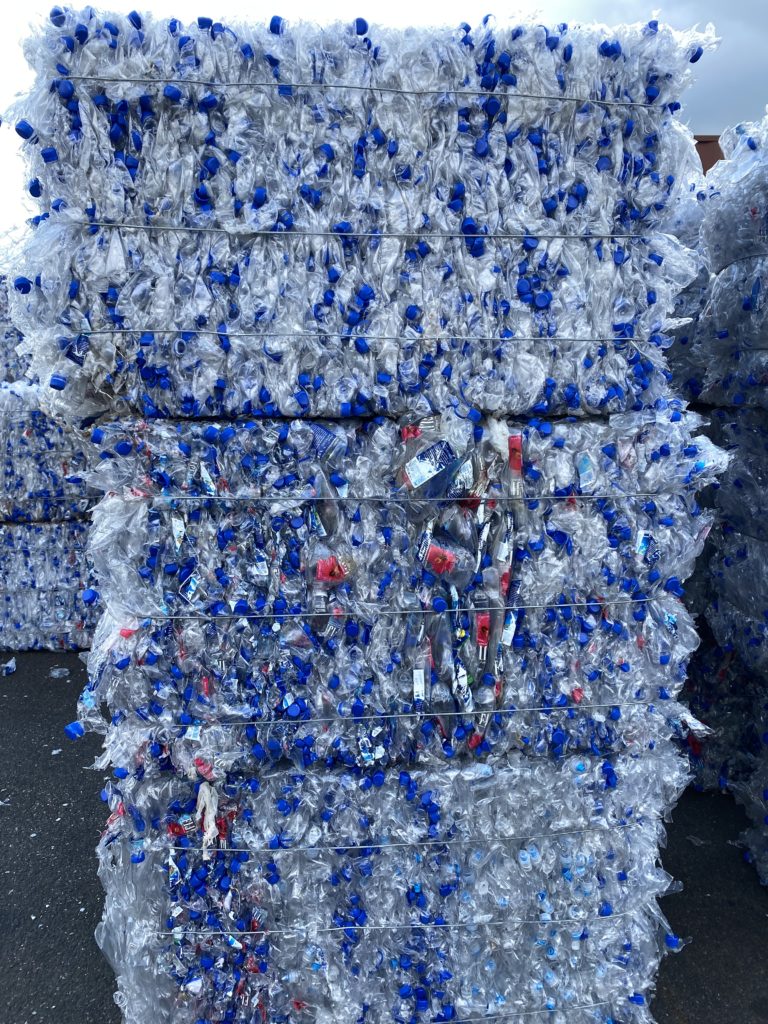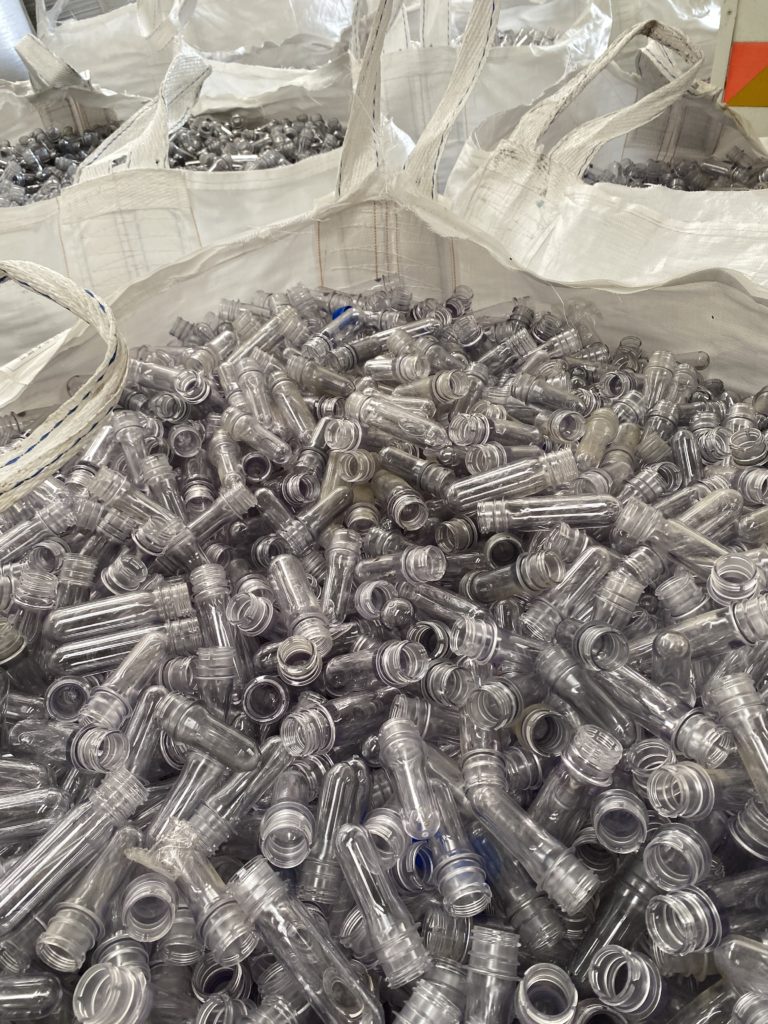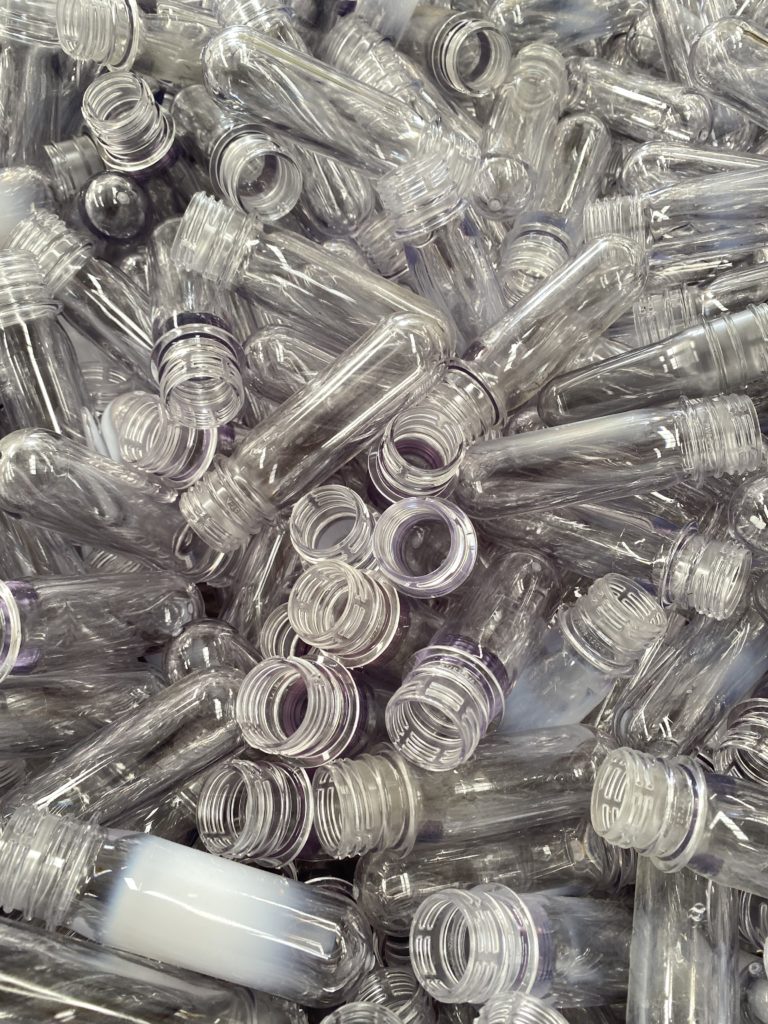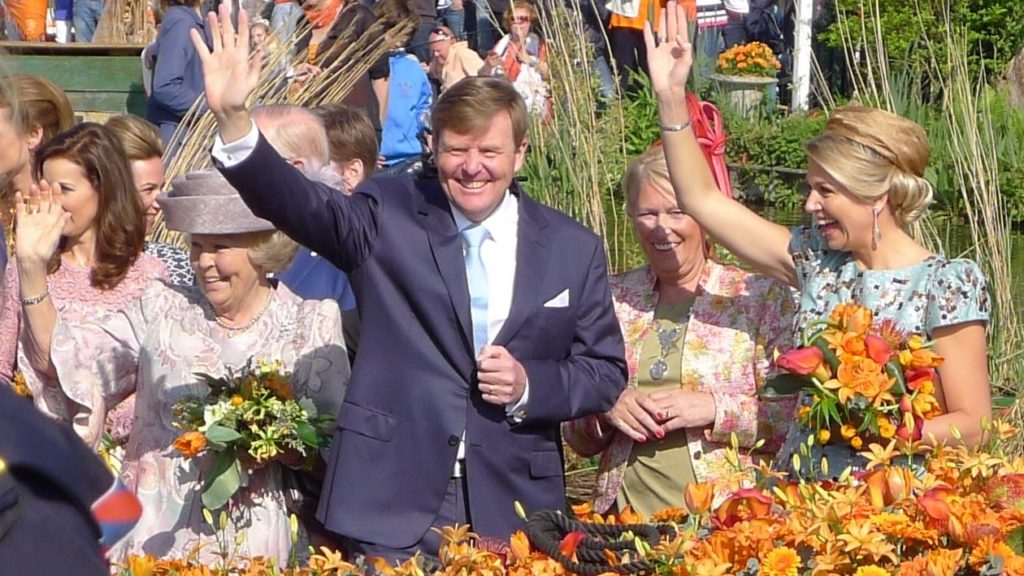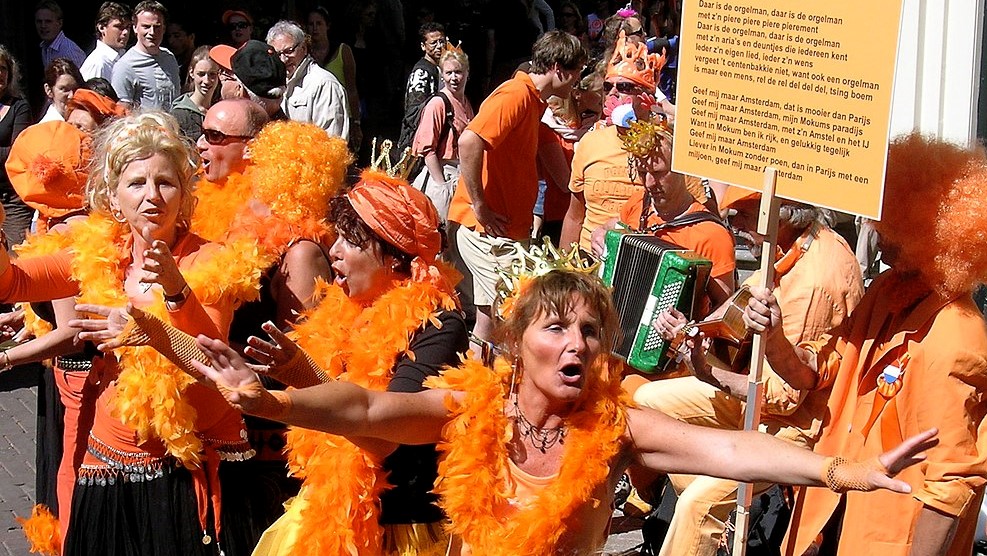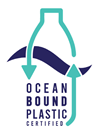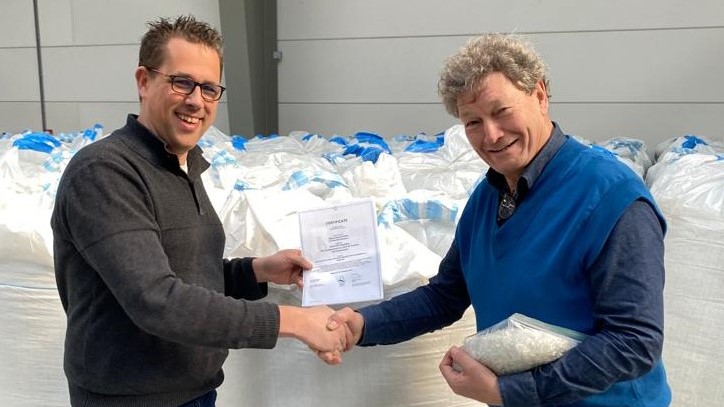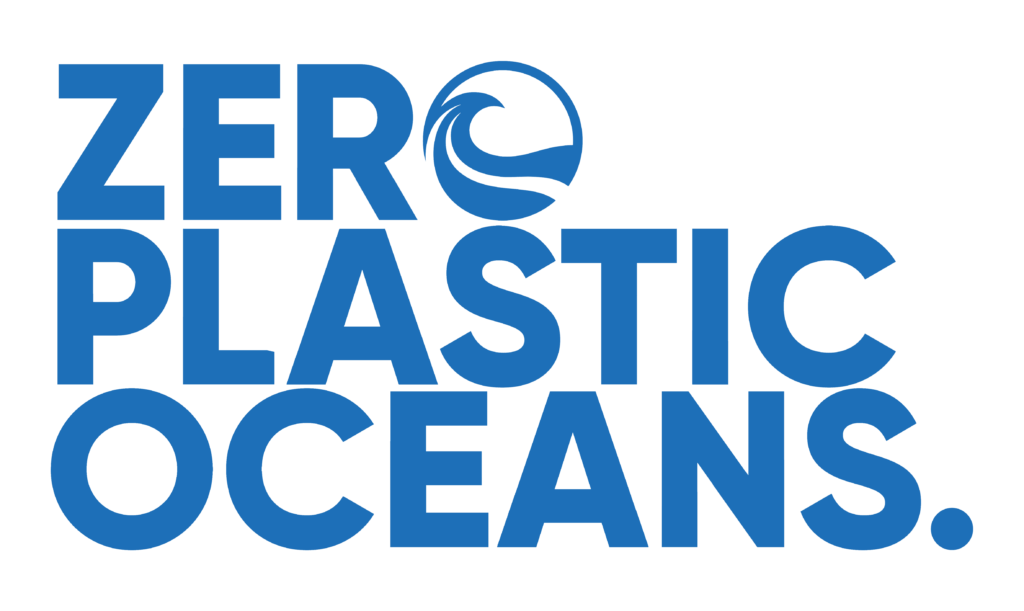Introduction:
Africa, with its rich biodiversity and growing population, is facing a significant challenge when it comes to managing its plastic waste. Among the various types of plastics, polyethylene terephthalate (PET) bottles pose a considerable environmental threat due to their non-biodegradable nature. However, in recent years, Africa has been making strides in PET recycling, aiming to mitigate the adverse effects of plastic pollution and create a sustainable future. This blog explores the current situation of PET recycling in Africa and the efforts being made to address this pressing issue.
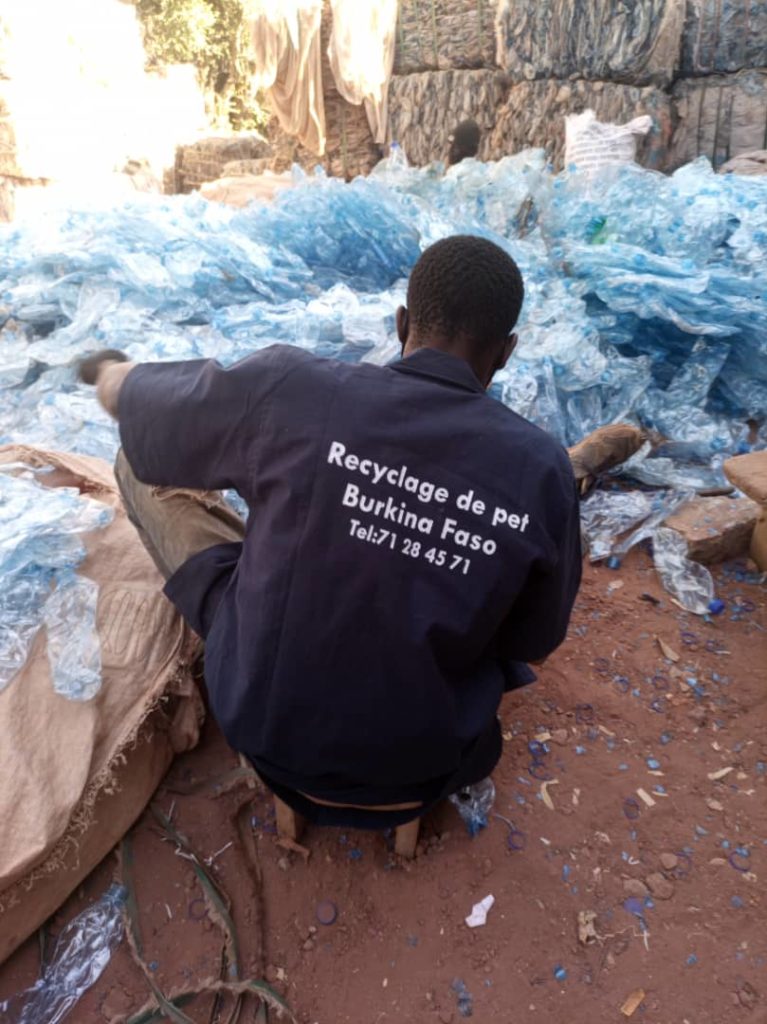
Challenges Faced:
The recycling landscape in Africa faces numerous challenges, including limited infrastructure, inadequate waste management systems, and a lack of awareness among the general public. These factors have contributed to the significant accumulation of plastic waste, including PET bottles, in many African countries. Insufficient recycling facilities, lack of proper collection systems, and limited access to recycling technologies have hindered the efficient recycling of PET.
Emerging Solutions:
Despite the challenges, Africa is witnessing the emergence of innovative solutions to tackle the PET recycling issue. Several initiatives and organizations have been working tirelessly to promote recycling practices and create a circular economy for plastic waste.
- Awareness and Education: Efforts are underway to raise awareness about the importance of recycling and proper waste management. NGOs, governments, and local communities are organizing campaigns, workshops, and educational programs to educate the public on the detrimental effects of plastic waste and the benefits of recycling PET bottles.
- Collection Infrastructure: Investments are being made to improve waste collection infrastructure, particularly in urban areas. The establishment of recycling centers, collection points, and drop-off stations encourages individuals and businesses to participate in PET bottle recycling.
- Entrepreneurship and Innovation: Innovative entrepreneurs are finding opportunities in the recycling sector. Start-ups are being launched to collect and process PET bottles, creating employment opportunities while simultaneously addressing the plastic waste problem. These ventures often employ innovative technologies, such as plastic-to-fuel conversion and 3D printing using recycled PET.
Success Stories:
Africa has witnessed success stories that demonstrate the positive impact of PET recycling initiatives. For instance, Plastic Recycling Africa taking part in joint ventures and working closely together with local partners in Burkina Faso, Tanzania, Mali and Zimbabwe has achieved remarkable results by implementing business knowledge at local start up plants and comprehensive PET recycling programs. Through collaboration with industry stakeholders, they have significantly increased PET recycling rates, leading to the establishment of a thriving circular economy for PET bottles.
Additionally, some African countries, like Kenya and Rwanda, have implemented plastic bag bans and strict regulations to reduce plastic waste. These measures have stimulated the development of recycling systems for PET bottles and other plastic packaging materials.
Conclusion:
While challenges remain, the current situation of PET recycling in Africa shows promising signs of progress. With increased awareness, improved collection infrastructure, and innovative approaches, Africa is working towards a more sustainable future. Collaboration between governments, NGOs, private sector entities, and local communities is vital to achieving effective PET recycling and reducing the environmental impact of plastic waste. By fostering a culture of recycling and embracing innovative solutions, Africa can pave the way for a cleaner and greener future for generations to come.
Join us at our mission in Africa

official partner of
